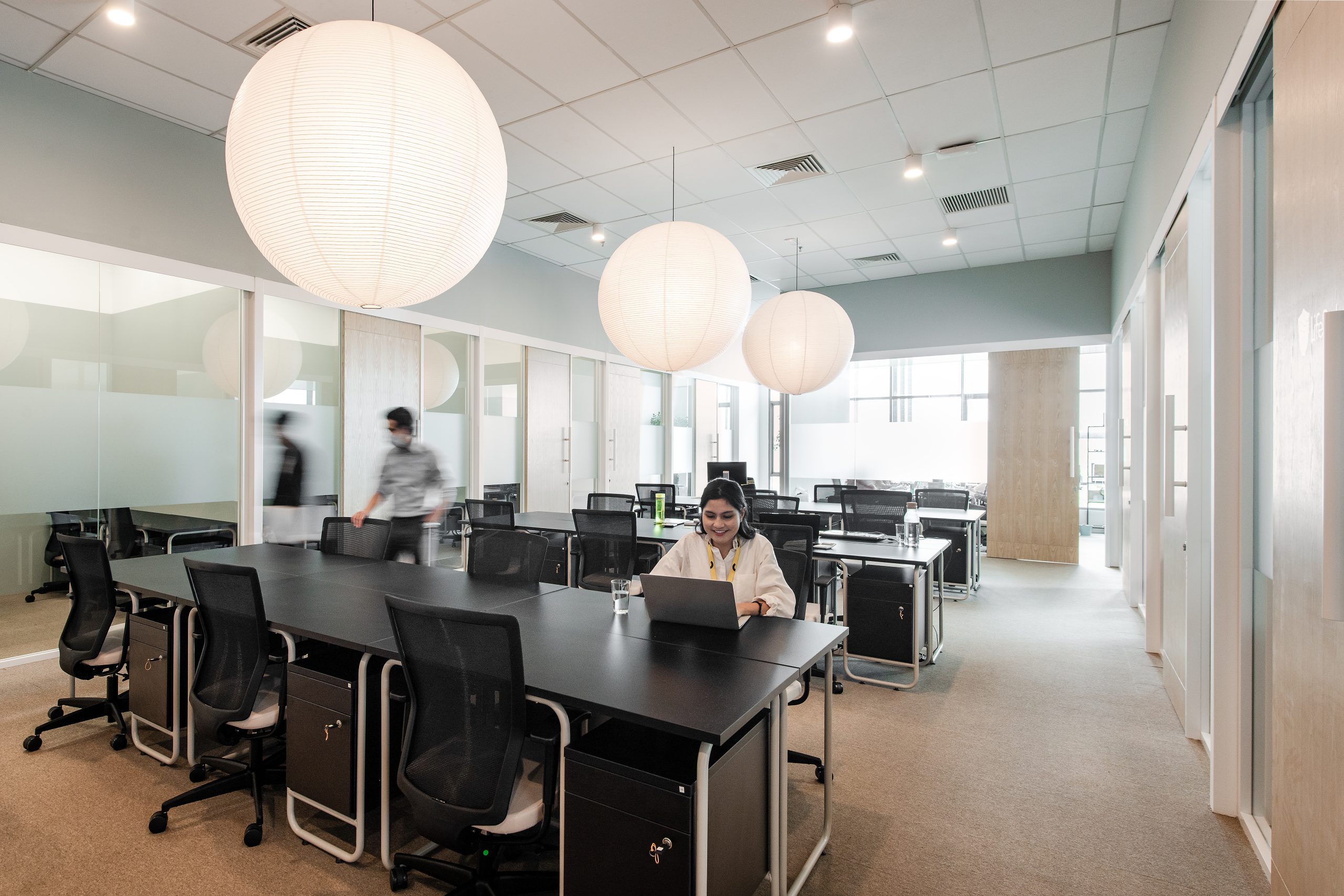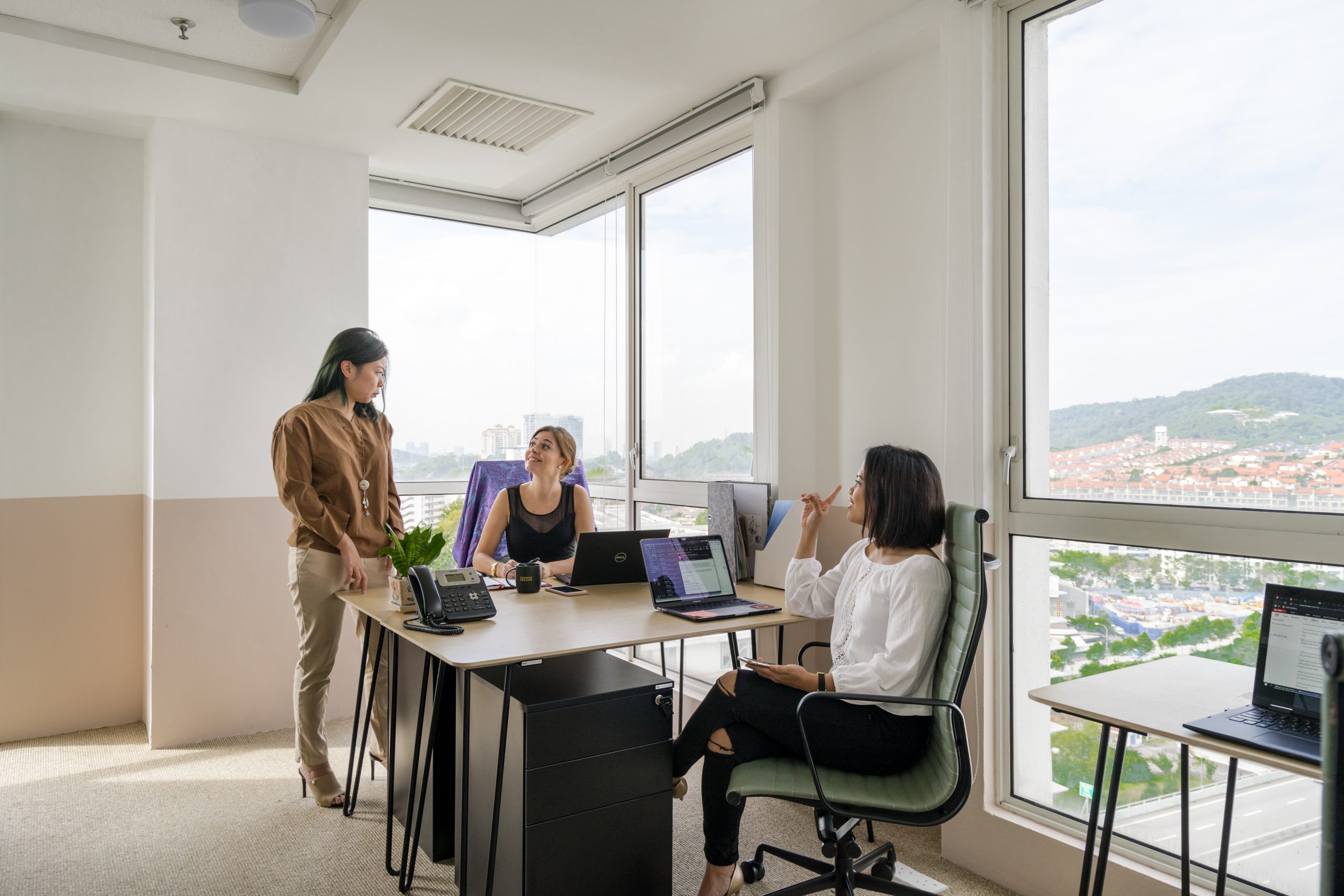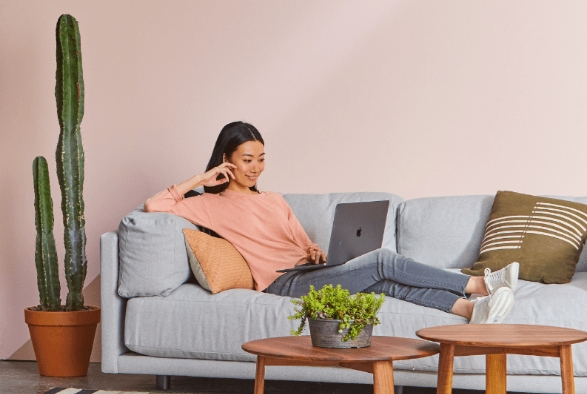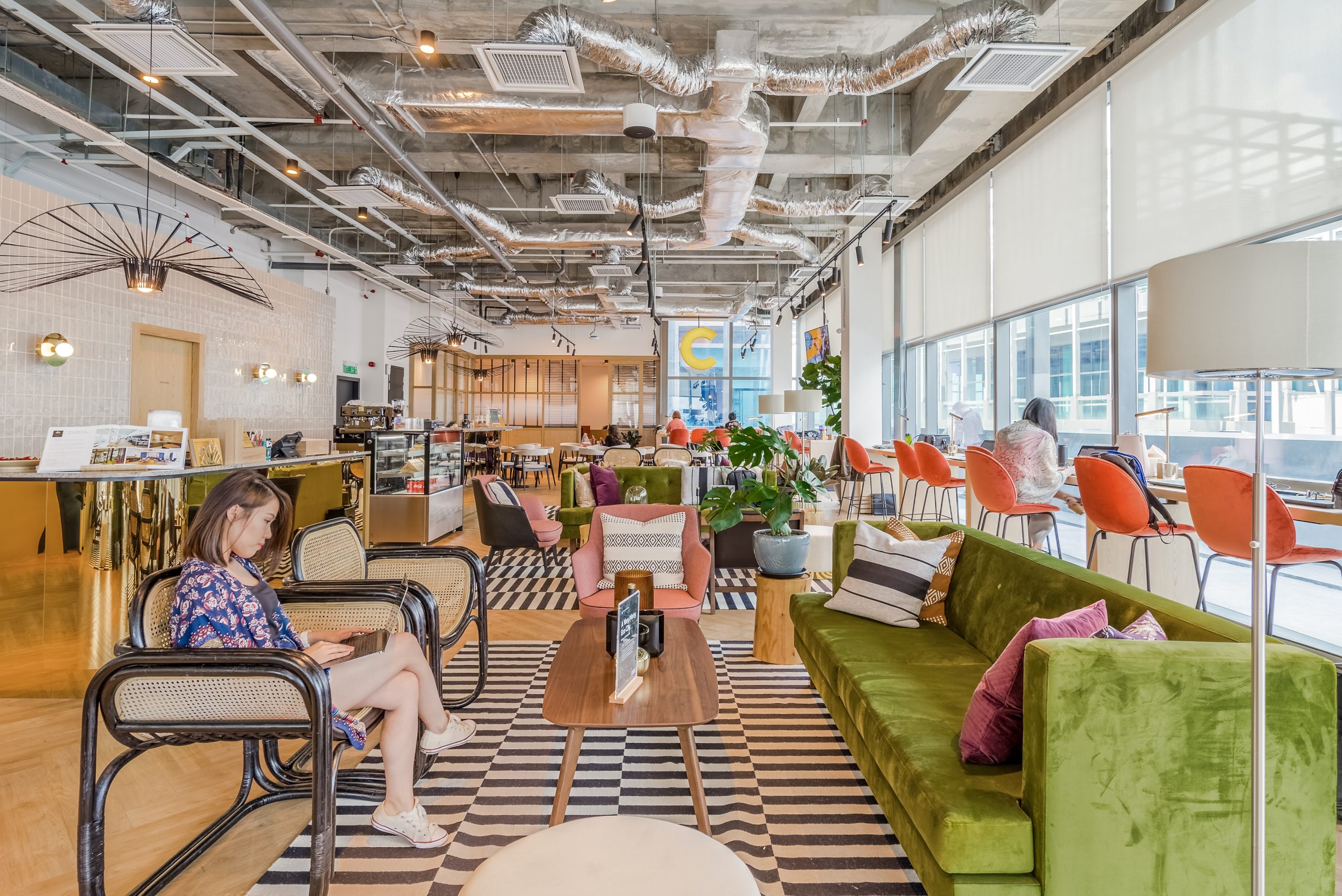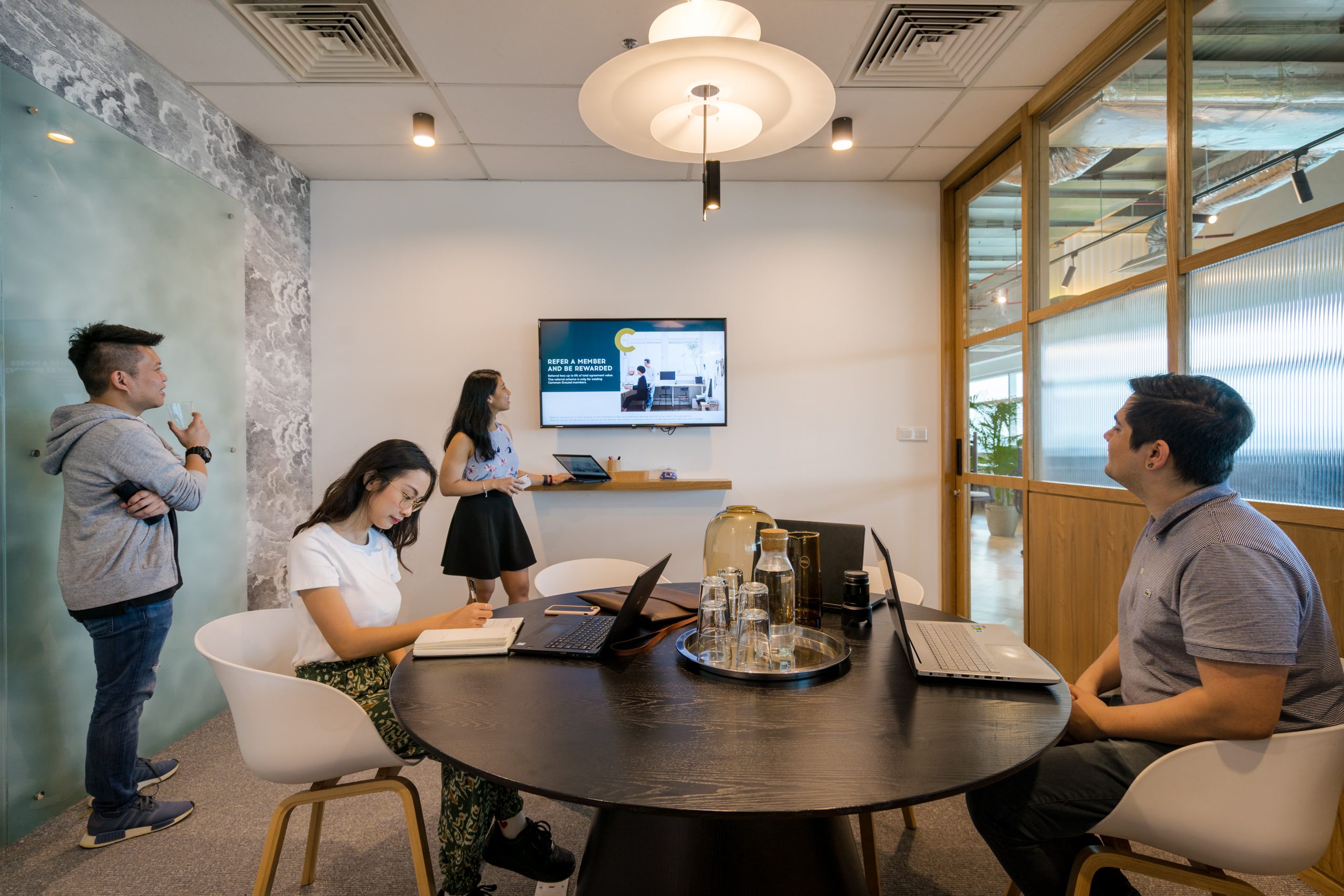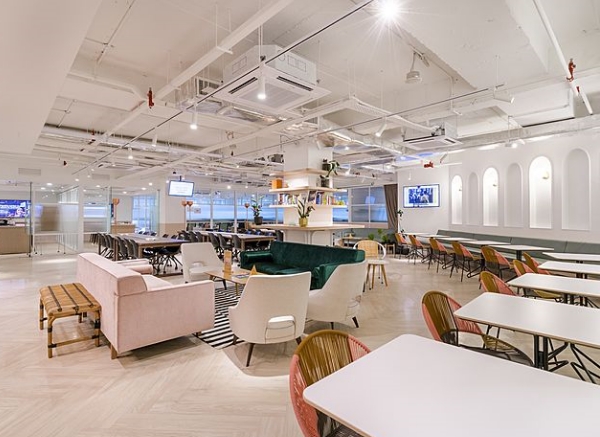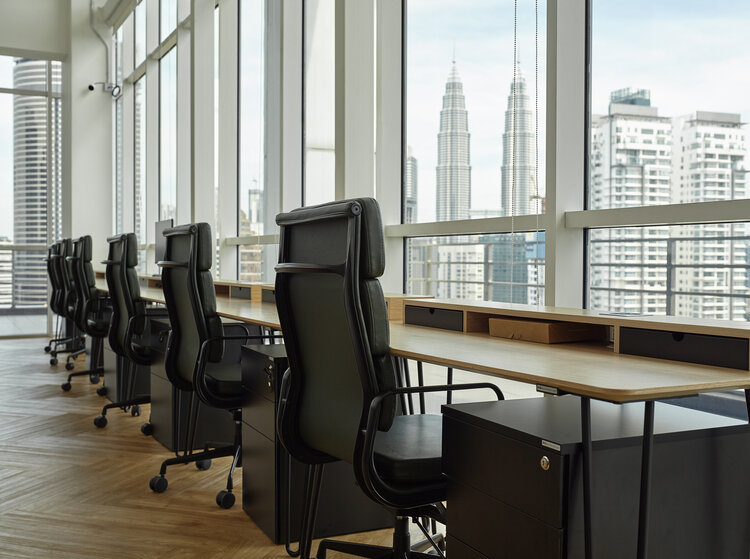Even after the pandemic is over, it seems that things may not go back to “normal†so soon, especially at the workplace.
We’re almost there… We can feel it: “Are things going back to normal now?†We ask ourselves, as more and more people are getting vaccinated and the whole world might be able to beat covid in 2021. Can we start socialising again? Can our kids play freely with their friends? Can we stop wearing face masks? And, most importantly for those in the workforce, will we ever be going back to the office again?

Courtesy: Common Ground Crew
The answer to this last question is something that businesses and corporations have been trying to figure out and plan for following the “Year of Working From Home†that was 2020. A survey by Enterprise Technology Research finds that the percentage of employees working from home is expected to double in 2021, based on interviews conducted in September 2020 with 1,200 chief information officers across various industries around the world. The general consensus is that productivity had increased during the pandemic, although 28.7% of respondents reported a decline in productivity. This could be related to the specific industries, with the telecommunications, financial and insurance sectors reporting a boost, while the energy, utilities and education sectors see no increase in productivity from work from home arrangements.
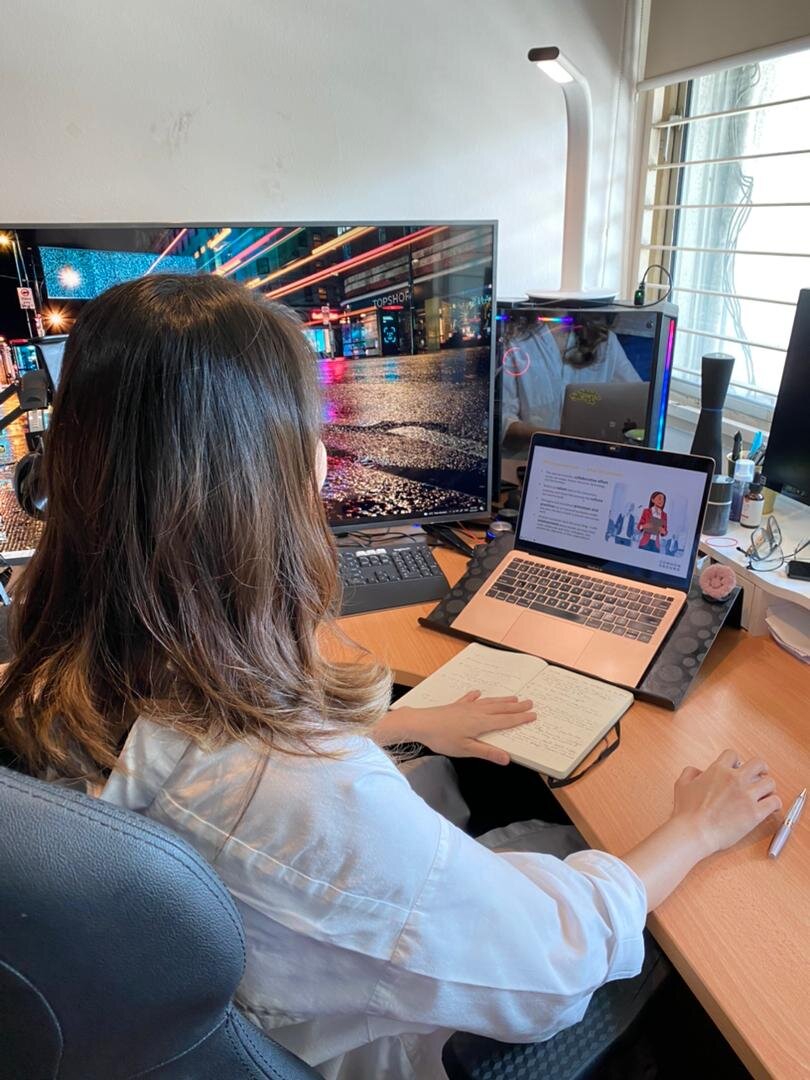
Courtesy: Common Ground Crew
Meanwhile, workers themselves have proclaimed a preference of being able to work from home in 2021 and onwards. In a survey among 6,000 workers across Europe, it was found that in the United Kingdom, only 1 out of 4 workers were keen to go back to working 100% at the office. However, on the other hand, only 17% of those surveyed wanted to be fully working from home.

Courtesy: Common Ground Crew
In Malaysia, though, the numbers seem to be slightly different compared to global statistics. A study done by market research company Ipsos found that a higher percentage of Malaysians compared to other countries struggle to find work-life balance working from home. This accounts for 63% of Malaysians who took part in the survey, comprising employed individuals in 28 countries. Measure this against only 50% of global participants from other countries with the same problem. Malaysian respondents also reported difficulty getting work done due to inadequate office equipment at home (at 62%), while 57% of Malaysians also admitted to being lonely or isolated when working from home.
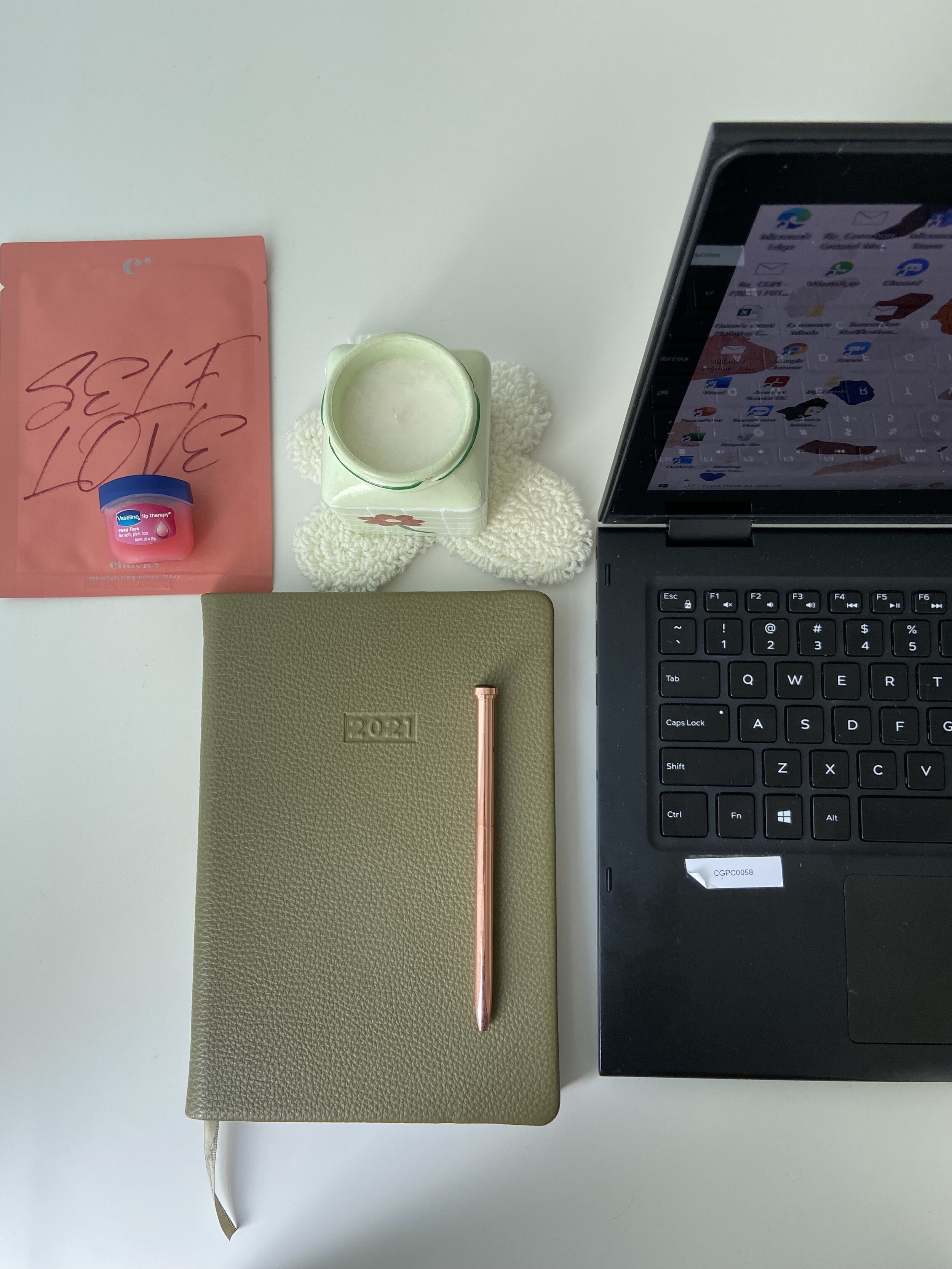
Courtesy: Common Ground Crew
What’s The Best Way To Work After The Pandemic?
It seems that the ideal arrangement would be a home-and-office hybrid where some days are spent working at home, and some at the office with colleagues. The key here is flexibility in allowing workers to arrange how and where they are spending their working hours.
 Most workers prefer working from home as it saves on commuting time, reduces office-related distractions, and also allows them to spend more time with their family – they can clock out from work at exactly 5pm or 6pm and immediately turn their attention to a spouse or the children.
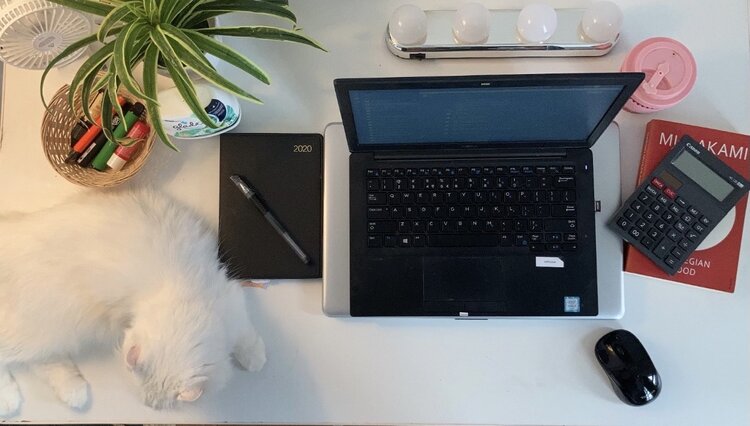
Courtesy: Common Ground Crew
For employers, allowing workers to work remotely works out in their favour as well. As productivity increases, this translates to better profits, of course. Meanwhile, with less employees working at the office, less office space is needed, and thus there is less spending on real estate.
In 2021, You Will Work From Home And At The Office
As shown by various surveys, while many workers report an increase in productivity with home-based work, most do not want to be working remotely 100%. Likewise, employers, too, prefer workers coming into the office at least once or twice a week, at least for face-to-face interaction, if nothing else. It is feared that the lack of social interaction could lead to inefficient work collaboration, as well as demotivation later on.
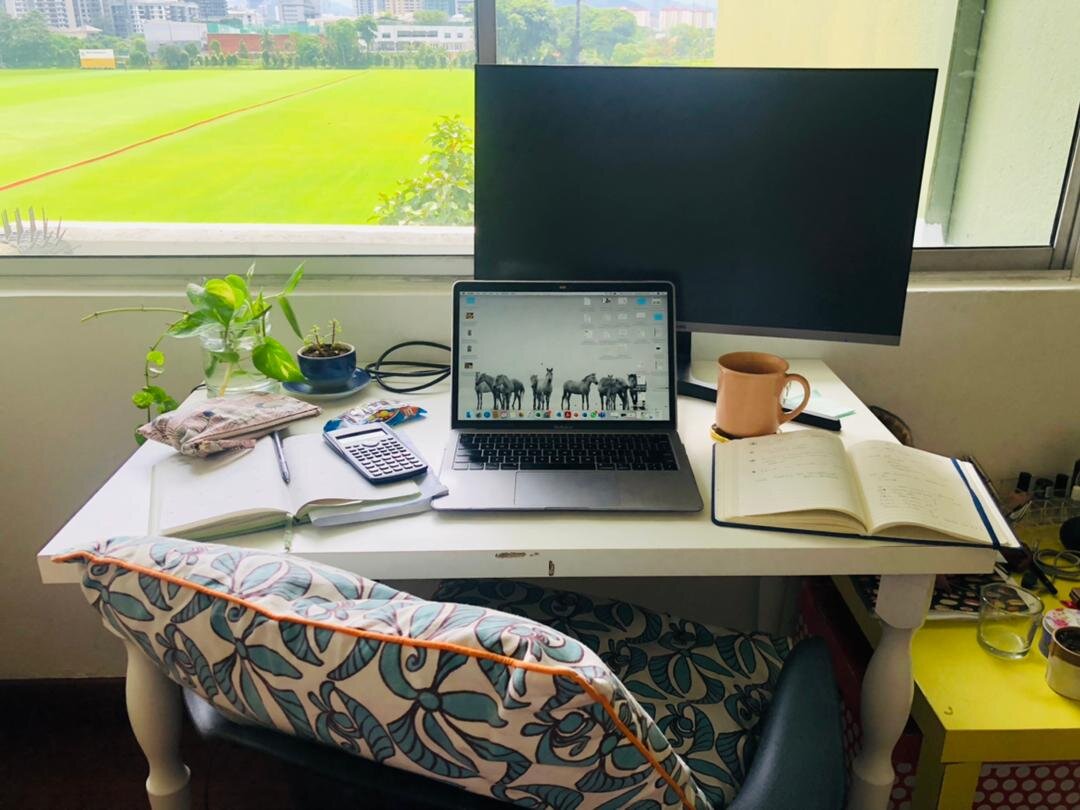
Courtesy: Common Ground Crew
Of course, bosses also place value on the more rapid transfer of information between co-workers who are collaborating in the same physical space. However, it is worth noting that employees have proven to be more productive when given the freedom to work at their own pace. The problem with this is that there is the possibility that maybe not all employees can be depended on to self-regulate their work and leisure hours, which could lead to a decrease in productivity and affect the work flow of their teammates.
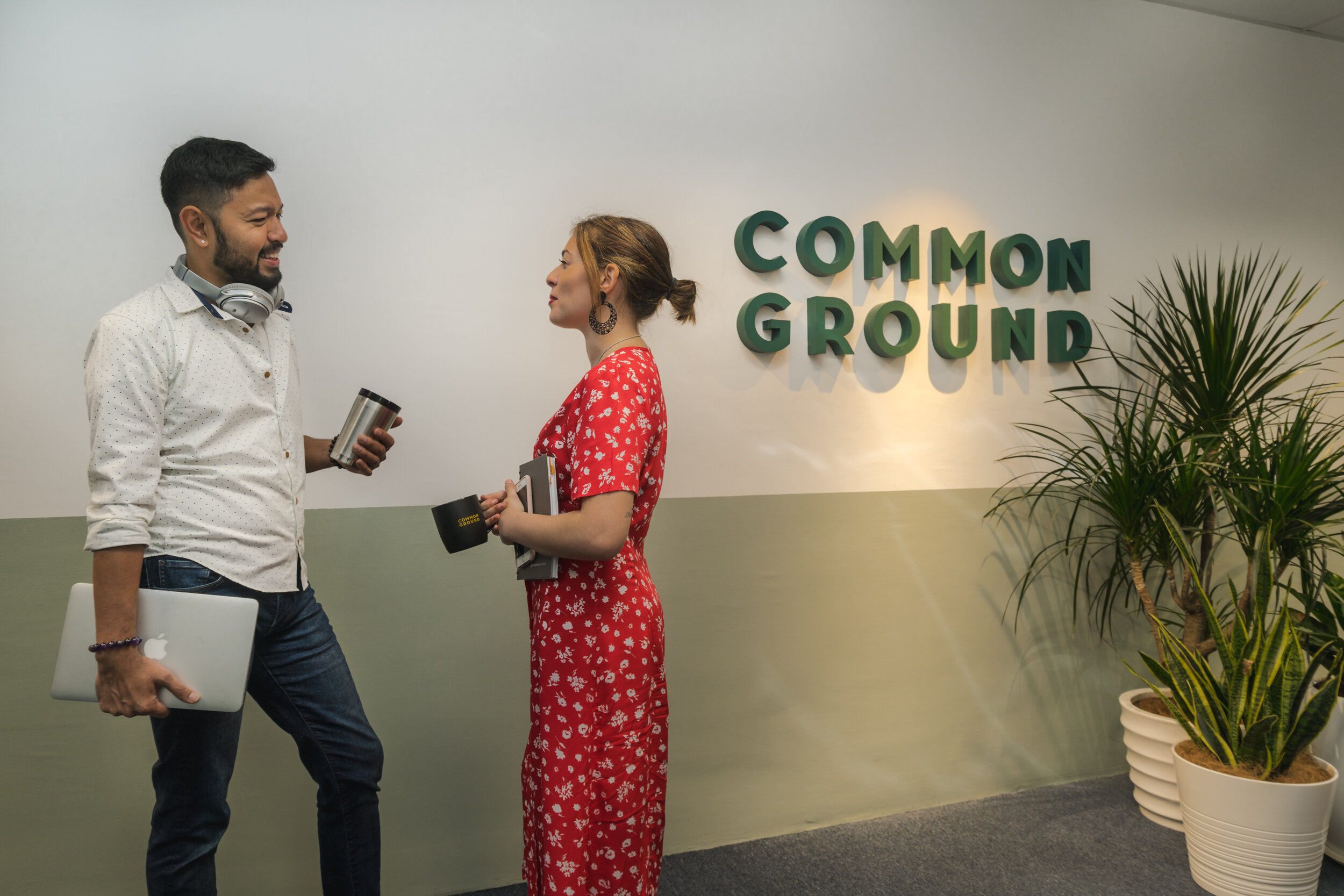
Courtesy: Common Ground Mutiara Damansara
The solution is to figure out the right hybrid work situation for each company. As mentioned by Mark Mortensen, Associate Professor of Organizational Behaviour at INSEAD in the linked article for the Harvard Business Review, the work environment can be complex and is continuously changing. There’s a chance that an employer or corporation may not get it right the first time, or if they do, it may not remain that way.
To address any problems that might arise, Mortensen recommends looking at hybrid work and staff behaviour from three angles:
-
How productivity is affected by the mix of hybrid work arrangements
-
How hybrid work arrangements might affect newcomers to the company and the way they work and collaborate with existing staff
-
If company culture is diminished as a result of less exposure to it compared to the old days
Meanwhile in Malaysia, Common Ground’s Country Head for Malaysia, Yvonne Lee, pointed out how workplace flexibility is important for all businesses right now. Common Ground’s corporate flex solution offers even more flexibility for workers who can choose to work from home, the office, or the Common Ground outlet closest to them, even if it’s just to pop in to use the printer or take an important video call with no distractions.
“Working from home may have worked for some people, but learning from the majority of our current members, it is still not the ideal setup.†– says Lee
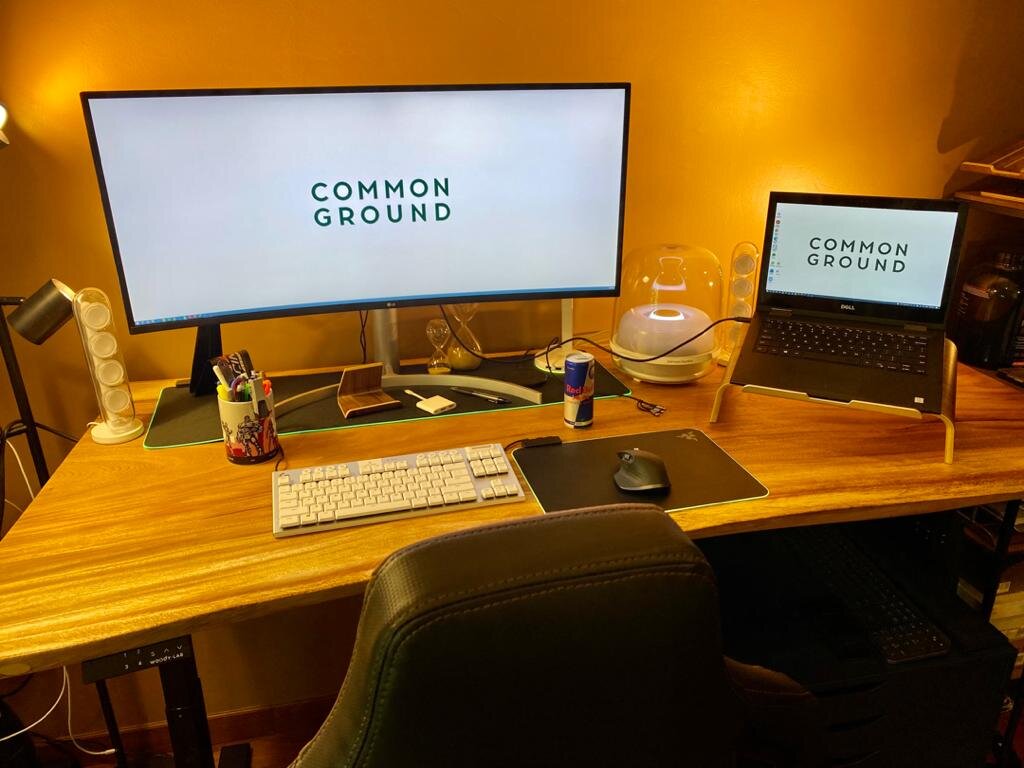
Courtesy: Common Ground Crew
“One of the benefits of a flexible corporate setup is that it’s like a bridge between working from home and at the office – it fills up the holes that inevitably come up in hybrid work situations.†– Common Ground Country Head, Yvonne Lee
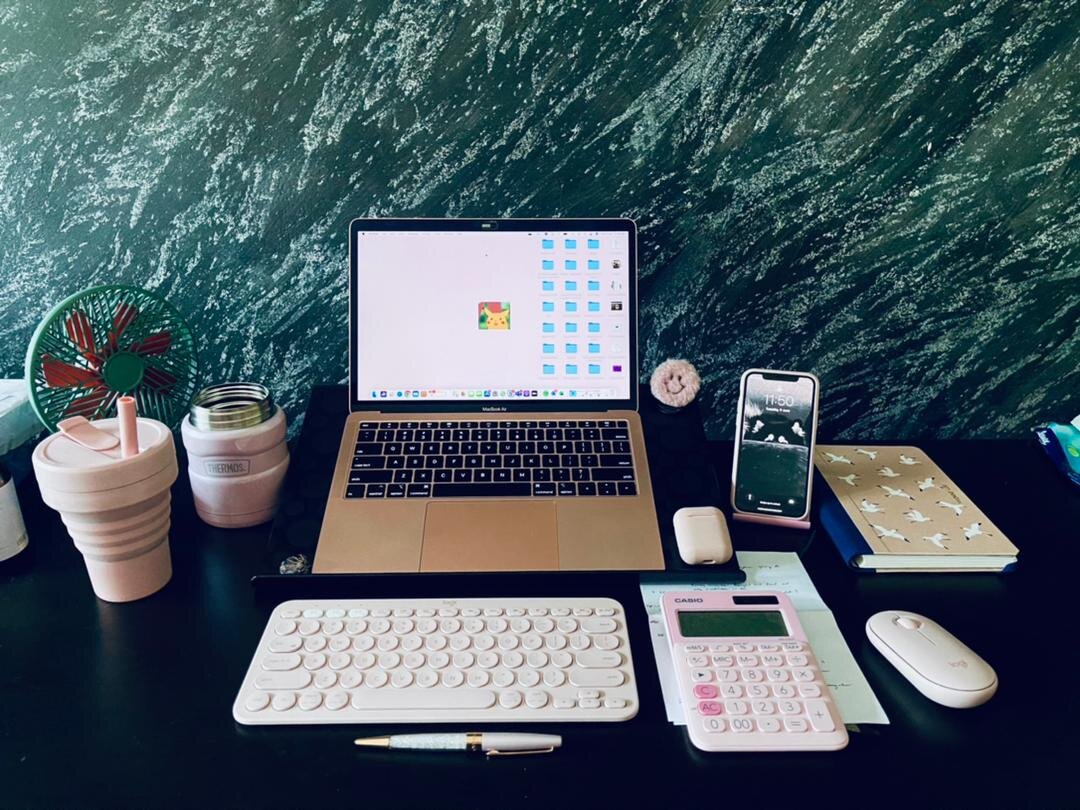
Courtesy: Common Ground Crew
For the employee, deciding on the best hybrid work arrangement for themselves and discussing this with managers or employers will determine how they will work in the future. Work spaces can then be figured out based on needs, or if renting out desks, rooms or corporate units at a co-working space would be a more viable option. Whatever it is, the way we work will definitely be different compared to pre-covid times, and both companies as well as employees will need to be able to quickly adapt in order to stay competitive in the business.
If your interested for an office space at Common Ground, contact us at +60 11-5631 9888 over on WhatsApp, or email us at info@commonground.work


